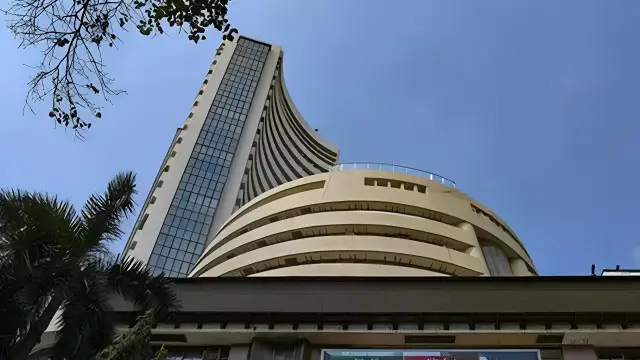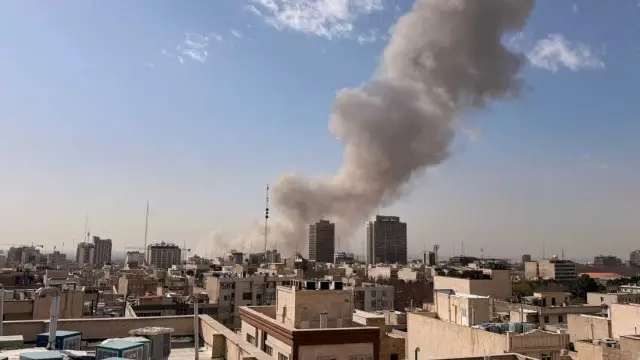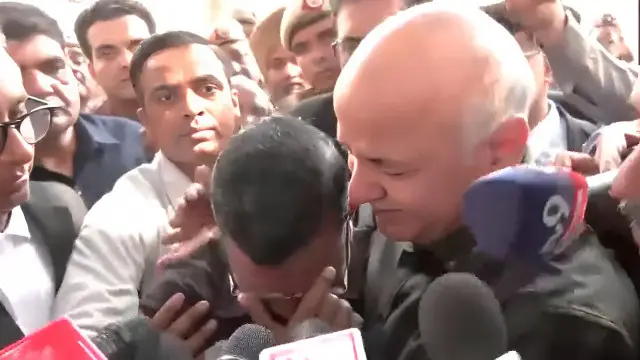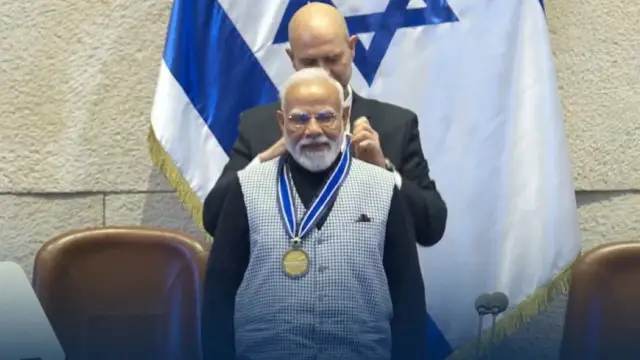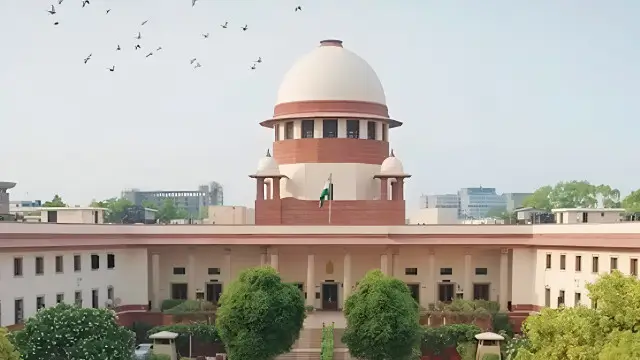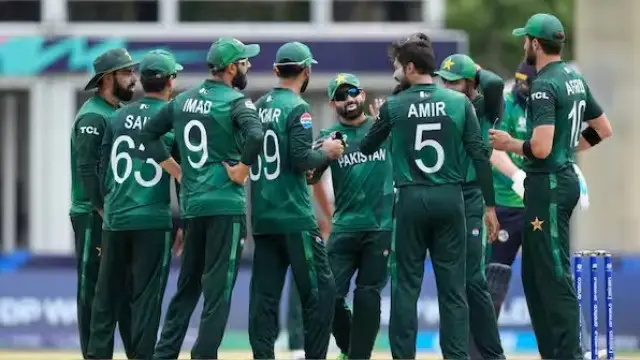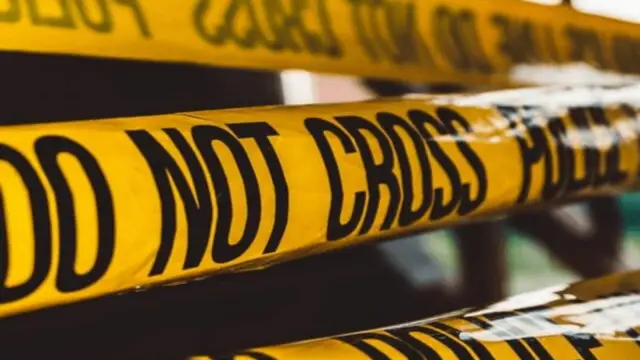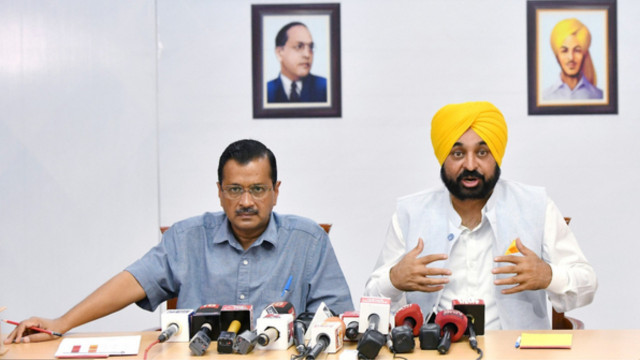High Court's decision in Mumbai serial blast case: 12 acquitted
Nearly two decades after the 2006 Mumbai train bombings left 189 dead, the Bombay High Court has acquitted all 12 convicts on grounds of unreliable evidence and coerced confessions and weak case presentation by the prosecution.
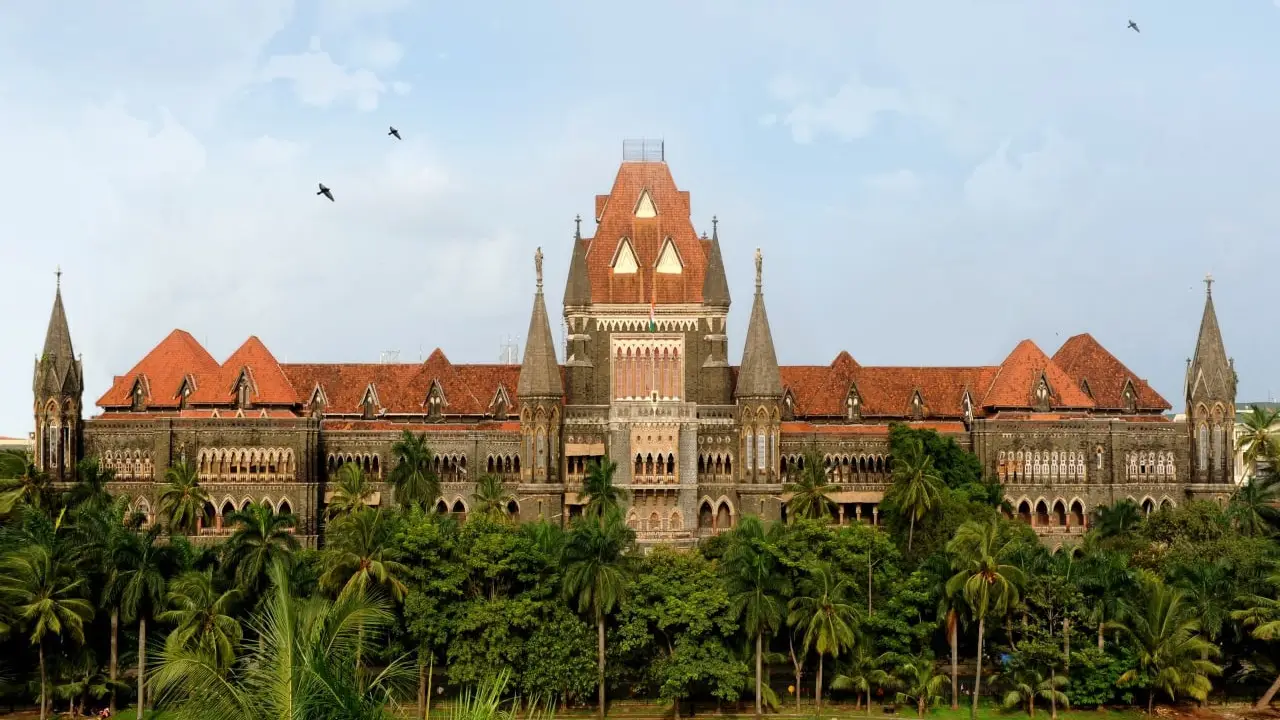
Nearly two decades after the 2006 Mumbai train bombings left 189 dead, the Bombay High Court has acquitted all 12 convicts on grounds of unreliable evidence and coerced confessions and weak case presentation by the prosecution.
The Bombay High Court on Monday delivered a historic verdict acquitting all 12 convicts in the 2006 Mumbai suburban railway bombings, considered one of India's deadliest and worst terror attacks in the country, in which 189 people were killed and over 800 injured in seven separate bomb blasts. More than two decades later, the court gave the verdict, citing allegedly weak and doubtful testimony of the prosecution, credibility of evidence, and procedural lapses.
While reading out the main part of the order, the division bench of Justice Revati Mohite Dere and Justice Gauri Godse drew attention to the serious flaws in the prosecution's case. The court said that the main witnesses of the prosecution were unreliable and their identity was doubtful. Many witnesses suddenly started identifying the accused after remaining silent for more than four years, which was unusual and suspicious. The court also found that a witness had testified in many other crimes, including the Ghatkopar blast, which reduced his credibility.
The High Court gave a clean chit to all the accused
The court also pointed out that many witnesses could not explain how they identified the accused after such a long time. Apart from this, the prosecution failed to prove the reliability of forensic evidence. The court said that by the time the explosive material reached the forensic lab, there was no proof of its sanctity.
12 accused acquitted in Mumbai train blast case
The judges criticized the prosecution for not exercising due diligence and said that the prosecution had completely failed to prove its charges “beyond reasonable doubt.” Hence, the court overturned the death sentence and life imprisonment awarded by the trial court in 2015.
The court rejected the evidence
One of the 12 originally convicted, Kamal Ansari, died of Covid-19 in prison in 2021. The remaining 11 accused have spent nearly 19 years in jail and are now up for release. Yug Mohit Chaudhary, a lawyer for some of the accused, called the verdict a new hope for those wrongly imprisoned. Public prosecutor Raja Thackeray also accepted the verdict and called it a guiding light for future trials. The 2006 Mumbai train blasts are still considered a dark day in the country's history. The high court's acquittal in the case brings back the importance of scrutiny of evidence and credibility of witnesses in the justice system.




